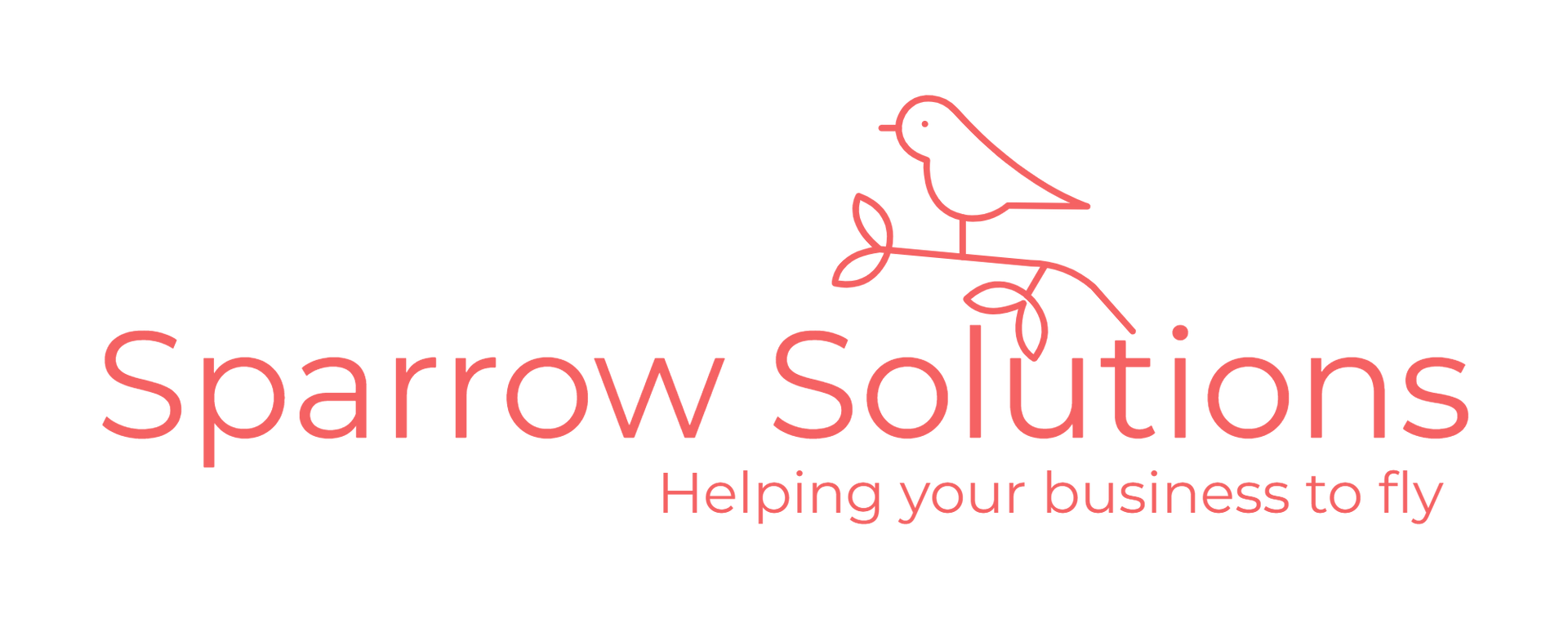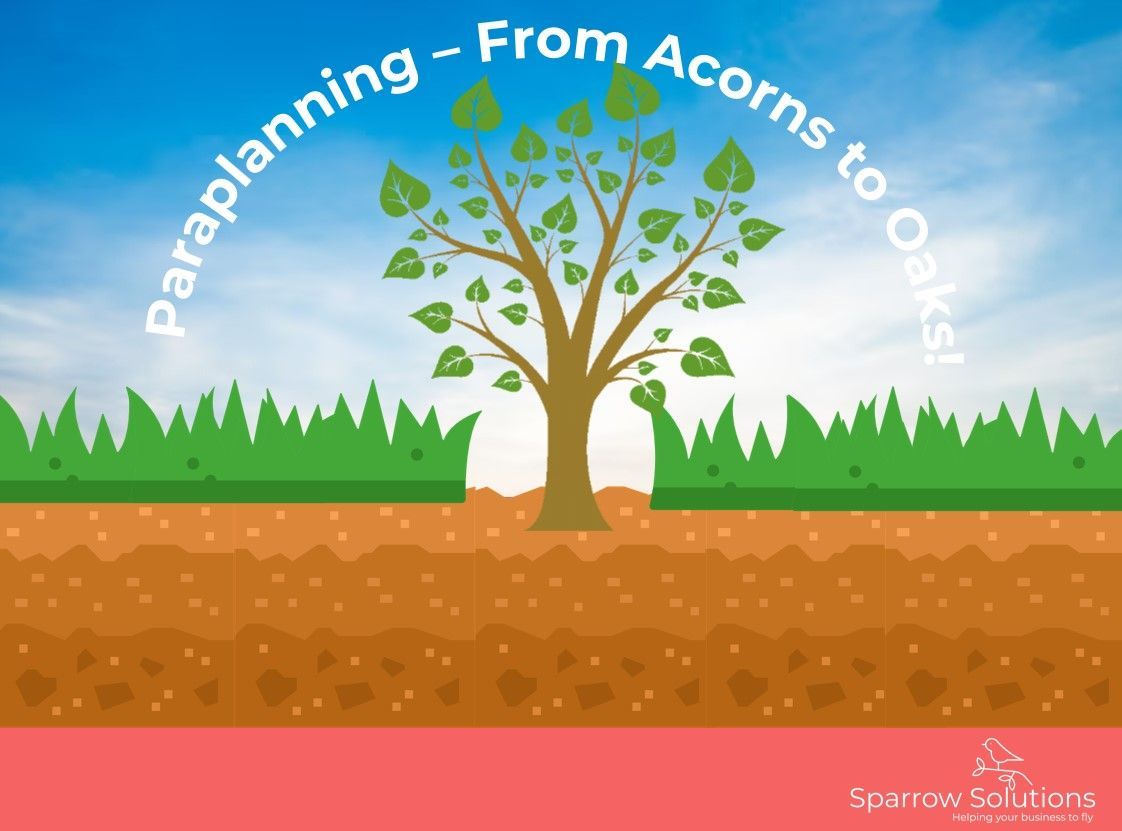What's the mentor you, hey?
I love my job!
I know I’m very fortunate to be able to say that but I don’t believe it is all down to luck. Much of it is down to the support I’ve had over my career from colleagues and peers, in the form of mentoring.
What is a mentor?
But what is a Mentor? A quick search gave me a good description:
A mentor is a person who can support, advise and guide you. They typically take the time to get to know you and the challenges you're facing, and then use their understanding and personal experience to help you improve.
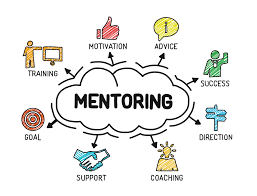
Over my career I have been fortunate to have some amazing mentors. They have supported, advised and guided me, just like the description says, enabling me to grow and develop throughout my career.
Where did it all begin?
I first started being mentored when I was taken on as a Technical Assistant (in today’s terms, a trainee paraplanner!) I’d been working in financial services administration for a couple of years for a life company and then an IFA firm and had completed a few exams but had no real practical experience of the technical side of financial advice and planning.
Feeling a bit adrift, I was teamed up with Jenny (not her real name!), a very knowledgeable and experienced techie, and luckily for me, she was only too pleased to share her time and expertise to help me develop.

Even though I didn’t know my Section 9(2B) Rights from my GMPs, she was fantastic; she explained things patiently, was supportive and really helped me to develop into my new role.
Over the years, I’ve been fortunate to have a few different ‘Jennies’. They’ve been called ‘Buddies’, ‘Trainers’ or ‘Mentors’ but they all have the same thing in common – they gave me the support I needed to develop and move forward with my career.
Training v Mentoring
Mentoring began for me when I started to help new paraplanners who joined my team to settle into the business. They all had differing levels of experience and knowledge but the common denominator was that they were all new to the business and so needed training on the processes and procedures.
However, it is important to remember, and one of the first things I think I learned when becoming a mentor, is that Training and Mentoring are very, very different. Training is about learning ‘the way we do things’; Mentoring is about helping someone to develop their skills and expertise to be able to progress in the direction they want.
Unlike Training which much of the time will involve simply giving instruction and showing someone how to do something, Mentoring is a symbiotic relationship between the Mentee and the Mentor.
Using the Mentor’s experience and knowledge, they discuss, analyse, plan and agree how to help the mentee develop and move forward in a way that’s right for the mentee. It’s not about telling and instructing, it’s about sharing and collaborating to get the best outcome and getting the mentee moving in the direction they want.
Benefits of mentoring and being mentored
There are of course many benefits for the Mentee in the relationship but also for the mentor.
As a result of the help, support and encouragement of my mentors, I have certainly increased my knowledge, skills and confidence. I have no doubt that without mentoring, I wouldn’t be an active part in the financial planning and paraplanning community, or do the volunteering work I have with the PFS, and most importantly for me, I wouldn’t be running my own business and have a career I truly love.
From the Mentor side, it has also helped to build my confidence, self awareness and empathy, with you having to put yourself in someone else’s shoes to really understand what they are looking to achieve. Not unlike the skills we use with clients everyday!
Becoming a mentor
Having had the benefit of being mentored in the past, it has given me an appreciation of the importance and benefits of passing on and sharing what you know to others.
Many businesses now have formal structures in place where you can be matched with a mentor or buddy to help you with those daunting few months starting in a new role and then throughout your career there. If you work somewhere that has this structure, it’s a great way of starting on your own path to becoming a mentor.
We’re really fortunate too, there are now so many opportunities and schemes which you can join and become a mentor and/or a mentee. Mentoring is something I really enjoy doing and have been doing it for a few years now. I’ve had a number of mentoring relationships with people new to the profession and helped them on their way covering areas such as exams, practical help and advice on skills and knowledge needed to do the job, and longer term career options.
If you’ve never tried it but are looking for a way to start, there are a number of ways, it can be through your work or perhaps your professional body. You get to help someone develop and move forward with their own career path and goals, which is, from my experience, one of the most rewarding things I have done professionally. I would definitely recommend it to anyone looking to get involved with helping the next generation of our profession.





